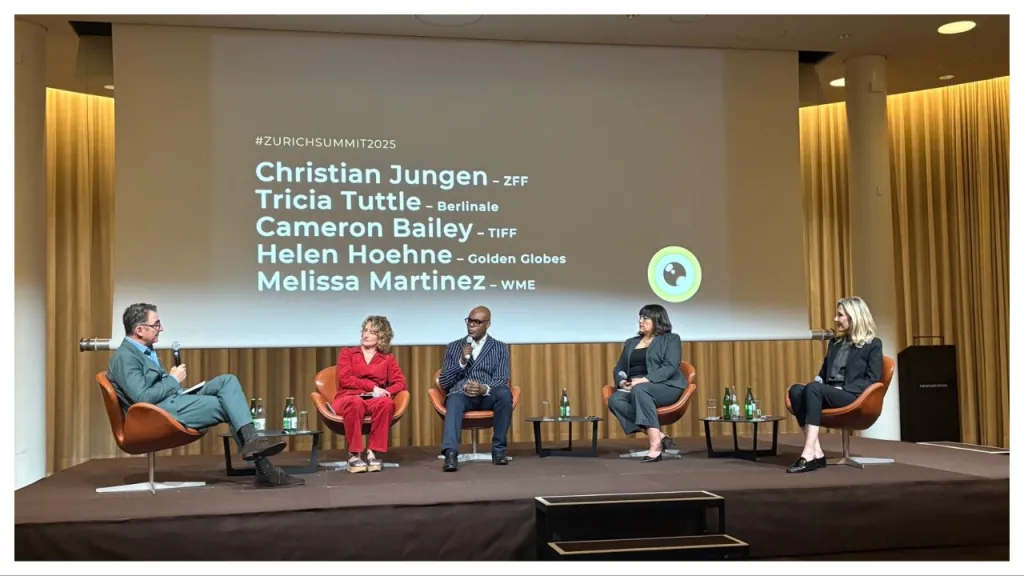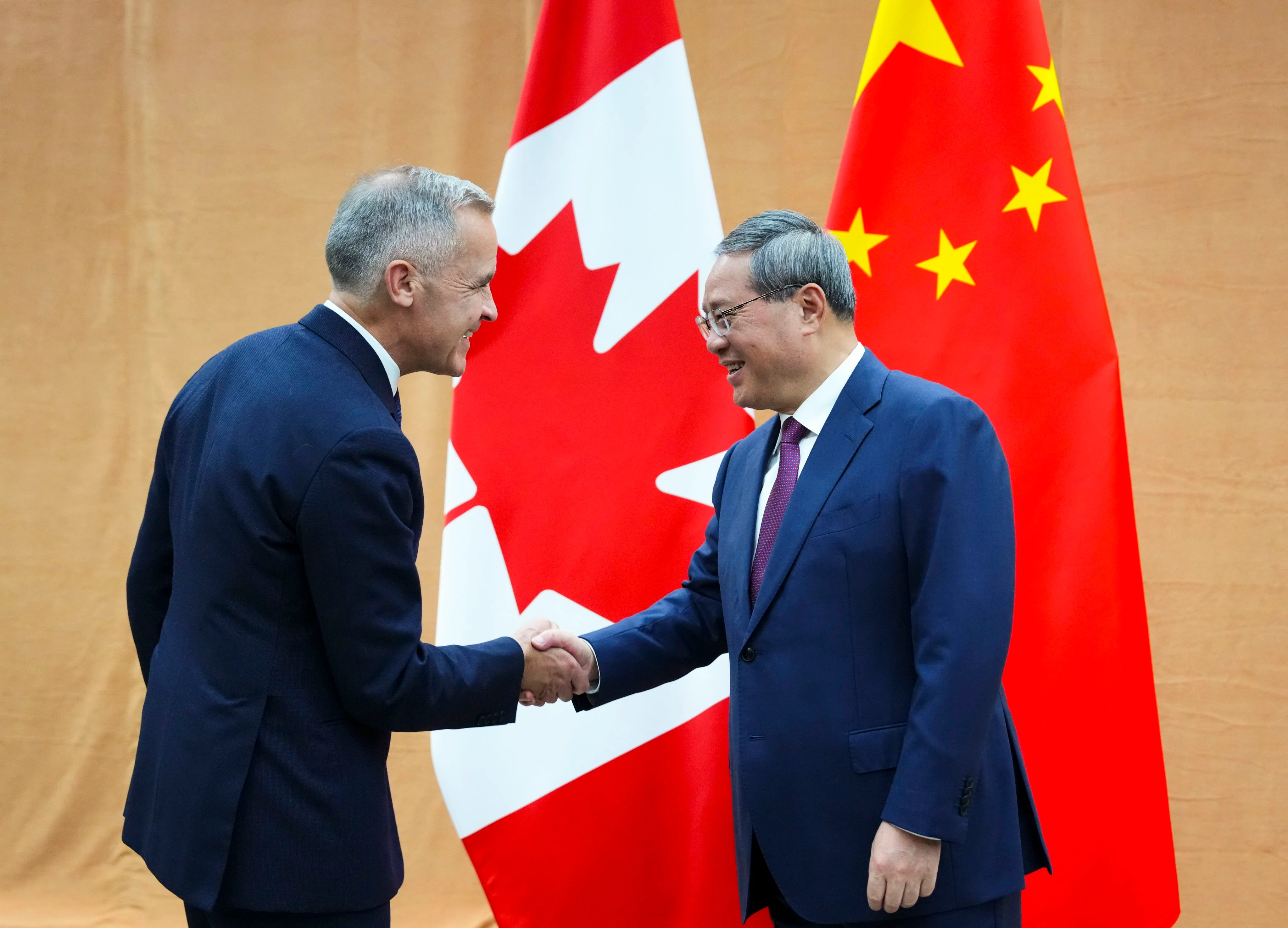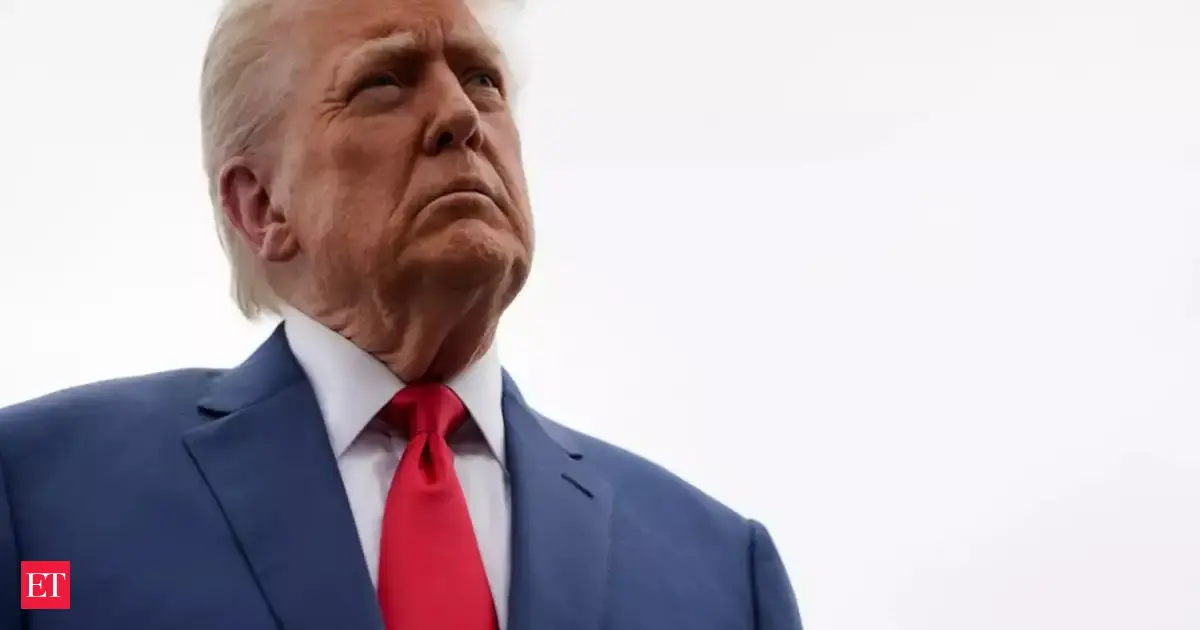
“I think we’re in the middle of a big sea change,” said Toronto International Film Festival chief Cameron Bailey during a Zurich Summit panel about the role of film festivals.
“Certainly, there’s much more media coverage on the business of film and the screen industry generally than there used to be. This is not as ‘inside baseball’ as before, where only people who were in the industry followed the media about the industry. Now, everybody does, and so this is affecting what happens in film festivals. Sometimes internal workings end up in headlines in trade media.”
Bailey was joined by Berlinale chief Tricia Tuttle, Golden Globes President Helen Hoehne and WME Independent’s VP of Marketing Melissa Martinez in the opening session of the Summit where they discussed at length the role festivals and awards play in the current market and how they manage political controversies that have arisen in recent years.
TIFF came under fire last month for pulling Barry Avrich’s October 7 documentary The Road Between Us: The Ultimate Rescue, about Israeli Defense General Noam Tibon and his mission to save his family who were surrounded by Hamas during its attack on Israel on October 7, 2023. At the time, Bailey denied claims that the film was initially rejected due to censorship but rather footage clearance and security concerns. The festival ultimately agreed to terms with the director and reinstated the film in official lineup.
“It’s a much more polarized world politically than it was years and decades ago and we’re part of that,” said Bailey. “So, current political conflicts will inevitably affect what happens in film festivals, because we are participating in the overall climate.”
Zurich Film Festival Artistic Director Christian Jungen, who moderated the session, shared his experience with war documentary Russians at War, which was set to screen at last year’s festival following a world premiere at Venice. The film, which saw Russian-Canadian filmmaker Anastasia Trofimova accompany a Russian military unit in the war in Ukraine, was criticized for trivializing Russian war crimes in Ukraine.
That film, said Junger, was supposed to head to TIFF before its Zurich launch when it was accused of being a “pro Russia film.” Both TIFF and Zurich then pulled the documentary due to security reasons. “I had death threats and had to walk around with security,” recalls Jungen. “We had to pull it off the screens, CNN was here, all hell broke loose because of a documentary film.”
When pressed on how to handle such delicate situations, Bailey said: “There is something specific about the documentary space that is always going to be about current conflicts such as Ukraine and Gaza and that is always going to generate more controversy and, in some cases, threats, as we also see in Toronto. So, I think we have to look at those a little bit differently rather than just the general landscape of them, where I don’t think this is as much of an issue. But, when it comes to documentaries at festivals, we have to protect that space for free expression and for artists to actually capture what is going on right now and for audiences to watch it with an open mind.”
Tuttle said that when it comes to selecting titles for the lineup, she and her festival team had not yet seen a film they “loved” and then decided not to select for Berlinale for the fear “it would bring too much chaos.”
“If we see something we love, which we know is going to be a talking point, what we do is we prepare for what kinds of talking points that it might bring up,” she said,adding that sometimes it is “impossible” to prepare for situations like Junger experienced with Russians at War.
“But as Cameron said, it’s a polarized world,” said Tuttle. “There’s always a risk of something happening. Much more predictable are some of the political hot button films that we’re seeing, films from Israel, films from Gaza right now, from Palestinian filmmakers or films that deal with that conflict. We know when we screen them that these are going to be conversations that we need to be prepared to have. But I think we believe that the Berlinale has always been a place that embraces sometimes difficult conversations.”
She continued: “We have a job right now, in this particular moment, to balance out these conversations so that we are still talking about cinema, because in the last five years, the political and news agenda has taken over all of the airtime around film festivals and, quite often, films aren’t coming through. So, it’s a very delicate thing to balance. I don’t think of Berlinale as a political film festival. We are a city festival in a city that is very politically engaged and diverse. I’ve inherited a festival that has a personality and I want to be true to that personality, while also making sure that controversies don’t take over all the space for us to talk about cinema, because that’s why we’re here.”
Martinez pointed to the incredibly significant role festivals play when it comes to discovering new talent and finding new voices. “It’s shifted over the years,” she said. “Obviously, it’s become a bigger industry tool as a resource for sales agents, financiers and filmmakers to get their films out there to be highlighted and to be shown, a highlight that they would normally not get.”
She continued: “In terms of the bigger festivals, it’s a launch pad for some of the bigger titles of the year but I also feel that regional festivals are important as well because it democratizes the access to films that they normally would never get to see.”
The Golden Globes has not been without its controversies, with the show being canceled in 2022 amid allegations of racism, sexism and conflicts of interest. “We had to really think about how we wanted to construct the show and run things differently,” said Hoehne. “I don’t think I would be here if we had not changed ownership of the Golden Globes and Jay Penske and Todd Boehly brought the Globes back to a great award show.”
Bailey noted that standing ovation stories in the trade press have become a “ridiculous but useful” part of festival coverage. He said there wasn’t always a correlation to impact, however. He noted that Annemarie Jacir’s film Palestine 36 got this year’s longest ovation at TIFF but that he was disappointed by how few reviews there were for the movie the next day.



